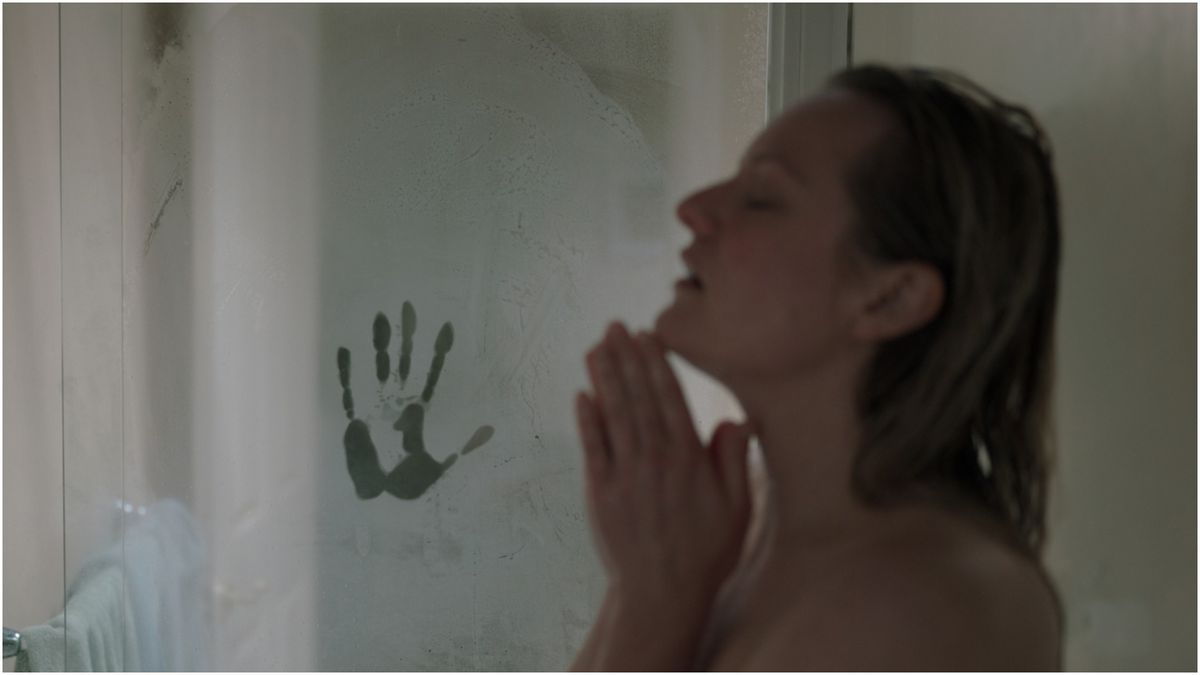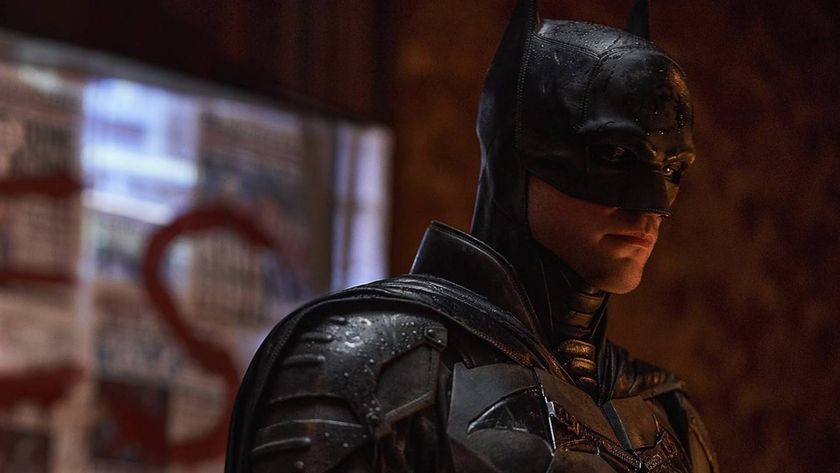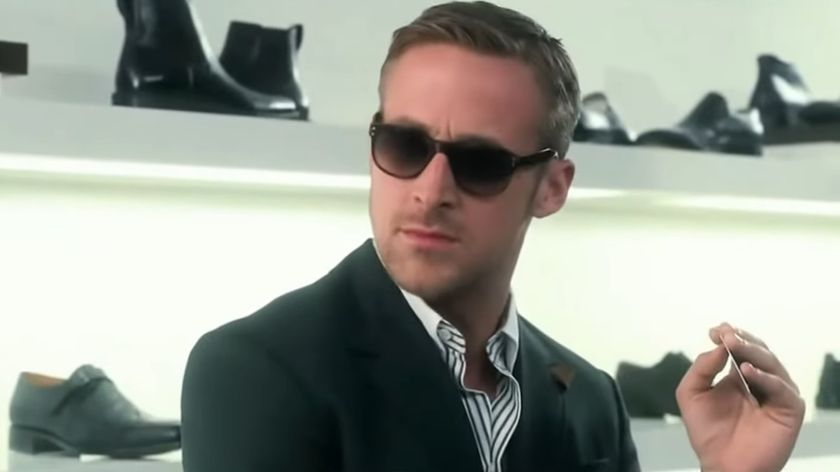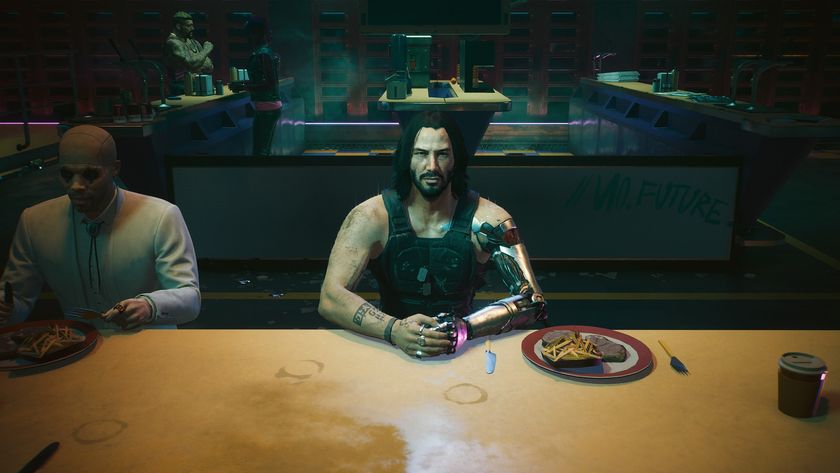12DOVE Verdict
With Moss’ brilliance in full view, Whannell’s taut exercise in suspense gives Universal’s monsters a jolt of life.
Why you can trust 12DOVE
When it comes to genre fare, Leigh Whannell knows the value of going small. As Saw’s co-creator, he turned limited funds to strong advantage. And with 2018 tech-thriller Upgrade, he celebrated the grungy joys of lean, hard ’80s sci-fi thrillers, low on budget and high on ideas.
Duly, the Aussie director is a canny choice to kickstart Universal’s downsized, director-driven responses to its botched plans for a ‘Dark Universe’ of monster reboots. Forget The Mummy’s CGI-wrapped excesses. Late-third stumbles aside, Whannell’s H.G. Wells overhaul of The Invisible Man emerges as a pared-back, sci-fi-tinged stalker-thriller, drawing heavily on old-school elements: unseen scares, a potent core theme and a star you can’t tear your eyes off.
And no, that star is not Mr. Invisible. Wells interpretations from Claude Rains to David McCallum tended to focus on the bandaged fella, sometimes comically so; Paul Verhoeven’s Hollow Man focused on Kevin Bacon’s visceral VFX traumas. But Whannell’s focus alights on the emotional traumas splintering the face of Elisabeth Moss, whose Cecilia (C for short…) Kass is subjected to extreme feats of gaslighting from the titular see-through terror.
Having escaped abusive husband Adrian (Oliver Jackson-Cohen), C lives in fear until news arrives of his suicide. But why has he left her the fortune from his optics experiments? And who’s leaving bum-prints on seats when she’s home alone?
Ranging from panic-lashed to purposeful with intense expressive force, Moss gives her features a gymnastic workout as someone wracked by seemingly implausible suspicions. Much of the film is practically a one-hander, though solidifying support comes from Aldis Hodge and Storm Reid as her father/daughter housemates and Harriet Dyer as C’s sturdy sis.
With steady character work banking our investment, Whannell tightens the screws to scare. Dead space and dark corridors are well-used to prime our expectations; meanwhile, horror clichés are smartly tweaked to max the suspense and shock value. The bedsheet scene is ingenious, the punch out of nowhere brutal.
Other audaciously nasty twists emerge in public spaces, though Whannell stumbles over his confidence in the second half. Compared to Rains’ deliberately droll tussles with British bobbies in James Whale’s 1933’s adaptation, one OTT police ruckus here is unwittingly silly. And one or two elaborate developments stretch credulity, raising more questions than answers.
But Moss maintains her hold on us, walking a fine line between self-certainty and nerve’s-edge fear without once losing her footing. Other MVPs include Benjamin Wallfisch, whose score throbs with sustained menace, and Director of Photography Stefan Duscio, whose deep images force us to crane in close. While The Mummy exhausted your eyes, Whannell widens them with its controlled precision. Where Universal’s monsters are concerned, let’s hope we see more of its like.
Kevin Harley is a freelance journalist with bylines at Total Film, Radio Times, The List, and others, specializing in film and music coverage. He can most commonly be found writing movie reviews and previews at 12DOVE.
Most Popular







